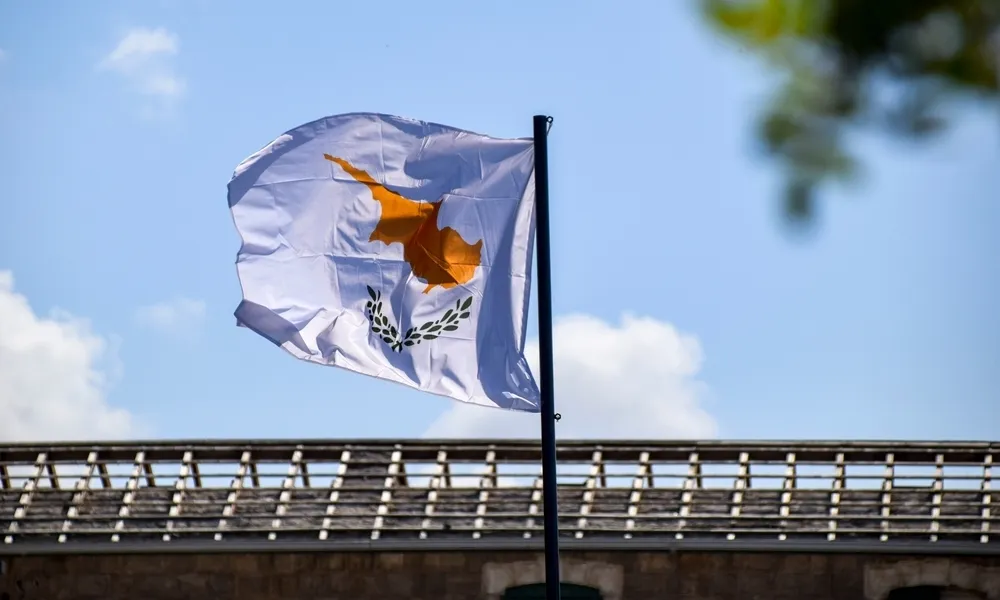The most successful small states are those that can most effectively manage their available natural and human resources, according to former Armenian President and Prime Minister Armen Sarkissian. He made the remarks during a roundtable discussion on “The Secret to Small State Success in the 21st Century” at the annual Economist conference in Cyprus on Monday.
Speaking at the event in Nicosia, Sarkissian noted that today’s world is far more complex and diverse than in the past.
“If we fail to acknowledge this, we will never be able to solve the problems of the Mediterranean - for one simple reason: there is no single recipe,” he said.
Key traits of successful small states
Sarkissian identified a few common traits among small states that have thrived. Central to their success is a clear national identity, whether old or newly developed, coupled with the ability to optimally utilise available natural or human resources.
Asked about the role of democracy in small states, Sarkissian argued that even in today’s “new quantum world,” democracy and the way it is practised must be redefined for the 21st century.
“It is not just about going to the polls four or five times, once every four years. That is not the democracy of the 21st century. Democracy today involves checks and balances, and much more,” he explained.
He added that small states benefit when they focus on the welfare of their people, noting that true democracy means governance by the best individuals a country has to offer.
“The world is no longer black and white; it is colourful. In this new world, size does not determine everything,” he concluded.
